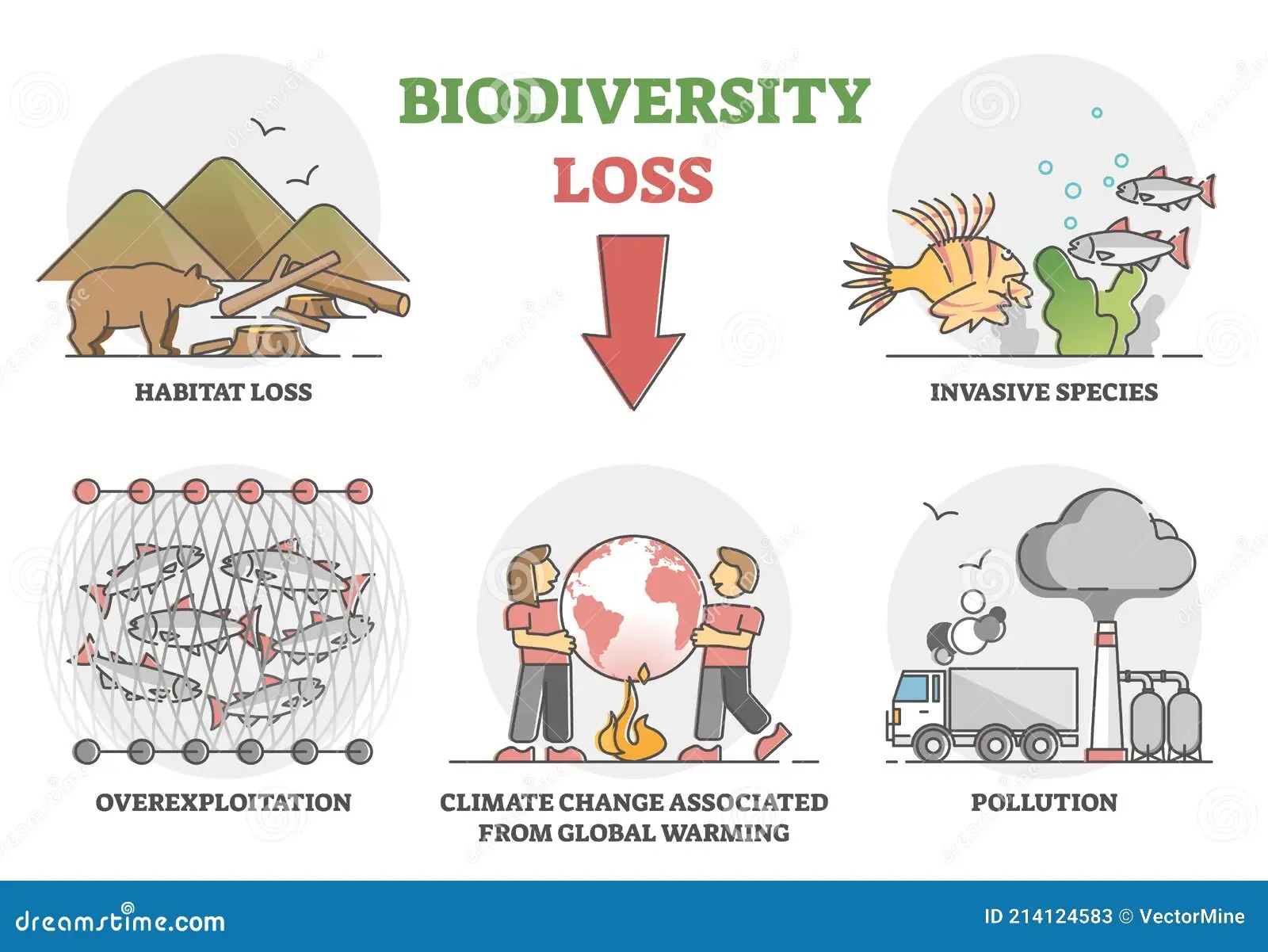IMPACT OF DEFORESTATION
Deforestation has wide-ranging significant effects on the economy, society, and environment.
Economically, when many plant and animal species lose their native habitats, deforestation contributes to a decline in biodiversity. More than 80% of plants and animals live in forests, and the loss of these habitats puts many species in danger of going extinct (National Wildlife Federation 2019).
Furthermore, deforestation increases the emission of greenhouse gases and global warming by discharging deposited nitrogen oxides into the environment (Casse et al. 2004).
The social toll that deforestation takes is also very high. Native peoples are frequently uprooted because they depend on forests for their way of life, culture, and food. People who rely on forest resources for their livelihood may experience a rise in poverty as a result of fights over land and resources (Gasparatos et al. 2012).
Deforestation may cause either beneficial or harmful economic effects. The long-term effects are negative even if it can bring in money right away through the sale of timber and agricultural land. Deforestation can result in decreased agricultural production, deteriorated soil, and a reduction in natural services like climate control and clean water, all of which can impact industries that depend on these services (Mosciaro et al. 2023).
